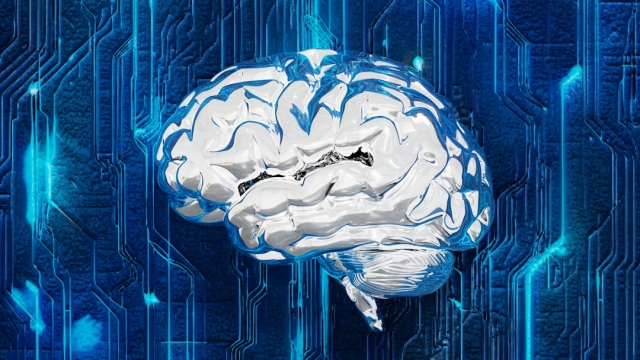In the evolving landscape of product evaluations, AI-based product assessments have emerged as a powerful tool for companies seeking to enhance their decision-making processes. These assessments leverage artificial intelligence to analyze various factors related to products, enabling businesses to make informed choices based on data-driven insights. This article delves into the core aspects of AI-based product assessments, exploring their methodologies, benefits, real-world applications, and future trends in this dynamic field.
Understanding AI-Based Product Assessments: An Overview
AI-based product assessments refer to the systematic evaluation of products using artificial intelligence technologies. By employing algorithms and machine learning techniques, these assessments analyze large volumes of data to identify patterns, predict outcomes, and provide actionable insights. The relevance of AI in product evaluations cannot be overstated; as businesses strive to remain competitive, embracing AI-driven methodologies offers a significant advantage in understanding market dynamics and consumer behavior.
Methodologies Used in AI Product Assessments
Various methodologies are employed in AI-based product assessments, often blending traditional evaluation techniques with advanced AI capabilities. Traditional assessments typically rely on human expertise and historical data, while AI-driven approaches utilize machine learning and predictive analytics to enhance accuracy and efficiency.
Some common methodologies include:
- Data Mining: This involves extracting useful information from large datasets to identify trends and correlations that may not be immediately apparent.
- Natural Language Processing (NLP): NLP techniques are used to analyze customer feedback, reviews, and social media content to gauge public sentiment about products.
- Predictive Analytics: By analyzing past data, predictive models can forecast future product performance and customer preferences.
- Computer Vision: This methodology is particularly useful in assessing product quality through image analysis, ensuring that products meet specified standards.
Benefits of Using AI for Product Evaluations
The integration of AI into product assessments offers numerous advantages that can significantly improve the evaluation process. Some of the key benefits include:
- Increased Accuracy: AI algorithms can analyze data with a level of precision that human evaluators may struggle to achieve, leading to more reliable assessments.
- Efficiency: Automating the assessment process reduces the time and resources required for evaluations, allowing businesses to focus on strategic initiatives.
- Data-Driven Insights: AI-based assessments provide actionable insights based on comprehensive data analysis, enabling businesses to make informed decisions.
- Scalability: AI systems can handle vast amounts of data, making them suitable for evaluating multiple products across various categories simultaneously.
Real-World Examples of AI-Based Product Assessments
Several companies have successfully implemented AI-based product assessments to enhance their evaluation processes. For instance, e-commerce platforms often utilize AI algorithms to analyze customer reviews and ratings, helping them identify top-performing products and areas for improvement. Retailers may employ AI to assess inventory levels and predict which products are likely to sell well, optimizing their stock accordingly.
Another example includes manufacturers who use AI-powered image recognition to ensure product quality during the production process. By analyzing images of products, these systems can detect defects that might be missed by human inspectors, ensuring that only high-quality items reach consumers.
Future Trends in AI Assessments
The future of AI-based product assessments looks promising, with several emerging trends expected to shape the landscape. One significant trend is the increasing integration of AI with the Internet of Things (IoT), allowing for real-time data collection and analysis. This synergy will enable businesses to respond quickly to changing market conditions and consumer preferences.
Additionally, advancements in AI algorithms will likely enhance the accuracy and interpretability of assessments, making them even more valuable for businesses. As AI continues to evolve, the potential for personalized product evaluations tailored to individual consumer needs will become a reality, further revolutionizing the way products are assessed.
In conclusion, AI-based product assessments represent a transformative approach to product evaluation, offering businesses a wealth of data-driven insights that can inform strategic decisions. By understanding the methodologies, benefits, and real-world applications, companies can leverage AI to stay ahead in a competitive market. To explore more about AI-based product assessments and their applications, visit Versusly.

